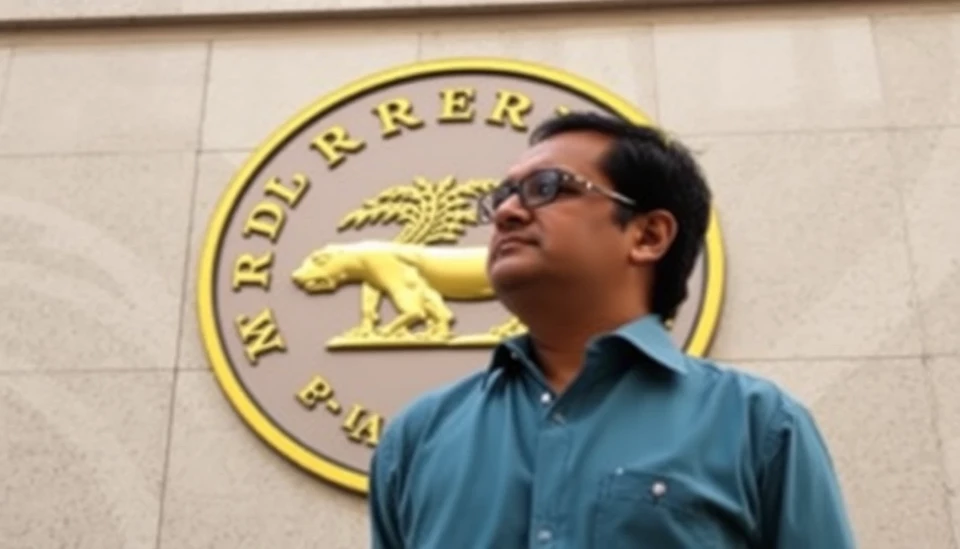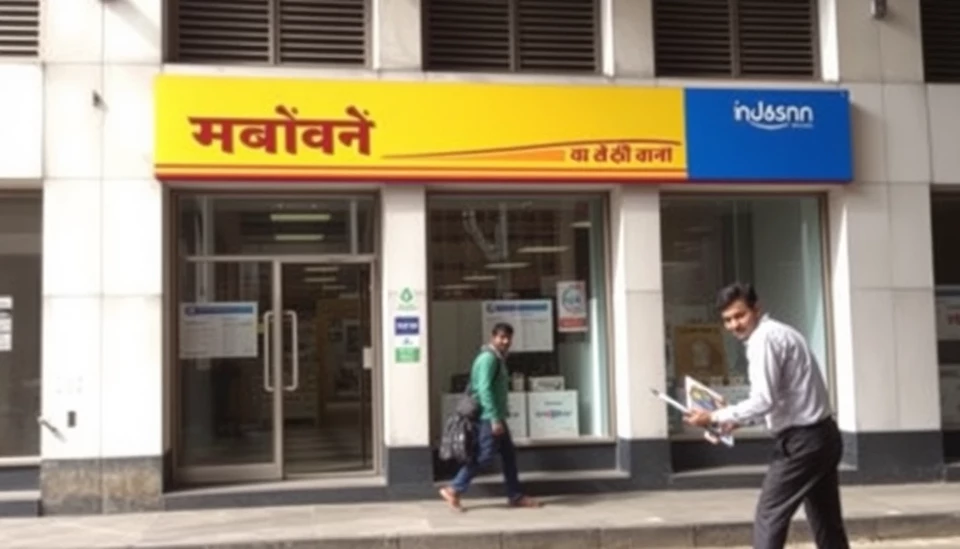
The Reserve Bank of India (RBI) has once again voiced its apprehensions regarding the burgeoning microfinance sector, pointing out key vulnerabilities that could pose significant risks to both lenders and borrowers alike. This warning emerges amid the backdrop of India's ongoing efforts to enhance financial inclusion and support the country's economic recovery following the disruptions caused by the pandemic.
Microfinance institutions (MFIs) play a crucial role in providing financial services to the underserved segments of society, particularly women and low-income groups. However, the RBI's latest statement highlights a dual-edged challenge: while the sector is essential for fostering inclusive growth, it also presents risks related to over-indebtedness and the sustainability of these institutions.
One of the primary concerns flagged by the RBI is the escalating levels of household debt among microfinance borrowers. As more individuals seek loans to meet their daily needs or expand small businesses, they may find themselves slipping into a debt trap, exacerbated by high-interest rates. The central bank emphasized the importance of responsible lending practices to mitigate these risks, suggesting that MFIs should implement measures that promote financial literacy and ensure that borrowers fully understand the terms and implications of the loans they take on.
The RBI is also worried about the phenomenon of multiple borrowing, where a borrower takes loans from various MFIs simultaneously, often leading to repayment issues and default. This underscores the need for increased coordination among lenders and the establishment of a stringent credit assessment framework to help identify borrowers' existing liabilities before granting additional credit.
Furthermore, the RBI underscored the need for stronger regulatory oversight on the microfinance sector to ensure that fair practices are upheld and that financial stability is maintained. The central bank's vigilance comes at a time when the market is witnessing an influx of new players and innovative lending models, increasing competition but also heightening the risks associated with lending practices.
The RBI's concerns are particularly poignant given the historical context of the microfinance sector in India. Instances of borrower distress have previously led to reputational crises and even policy crackdowns in the past, as the government has sought to protect vulnerable populations from predatory lending practices. Thus, the current push for regulation is not merely a precaution but a necessary measure to safeguard the integrity of the financial system as a whole.
As the new year approaches, stakeholders within the financial ecosystem, from MFIs to regulatory bodies, must heed the RBI's warnings and work collaboratively towards creating a safe and sustainable microfinance environment. If effectively addressed, these challenges can lead to a more resilient sector that continues to empower millions while contributing significantly to India’s growth trajectory.
In conclusion, the RBI's alert about the potential risks within the microfinance space serves as a timely reminder of the delicate balance between fostering financial inclusion and ensuring the sustainability of lending practices. As India continues to evolve its economic landscape, addressing these risks promptly will be crucial for the growth of the sector and the wellbeing of its borrowers.
#microfinance #RBI #risks #India #financialinclusion #lending #overindebtedness #sustainability
Author: Samuel Brooks
